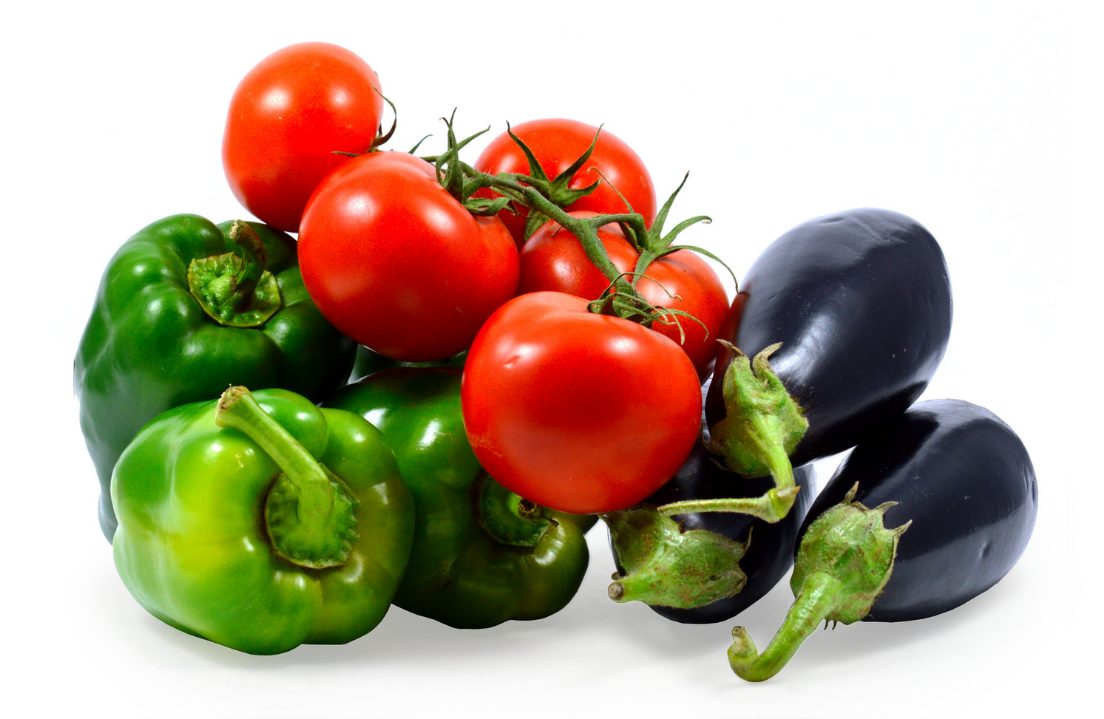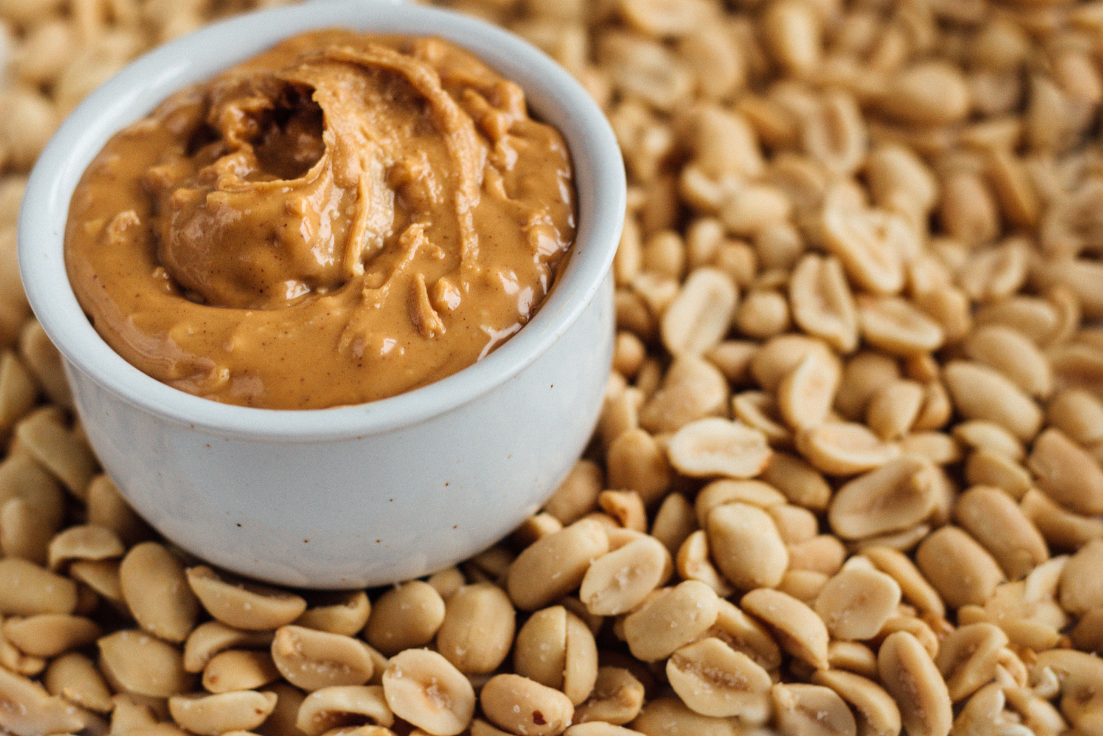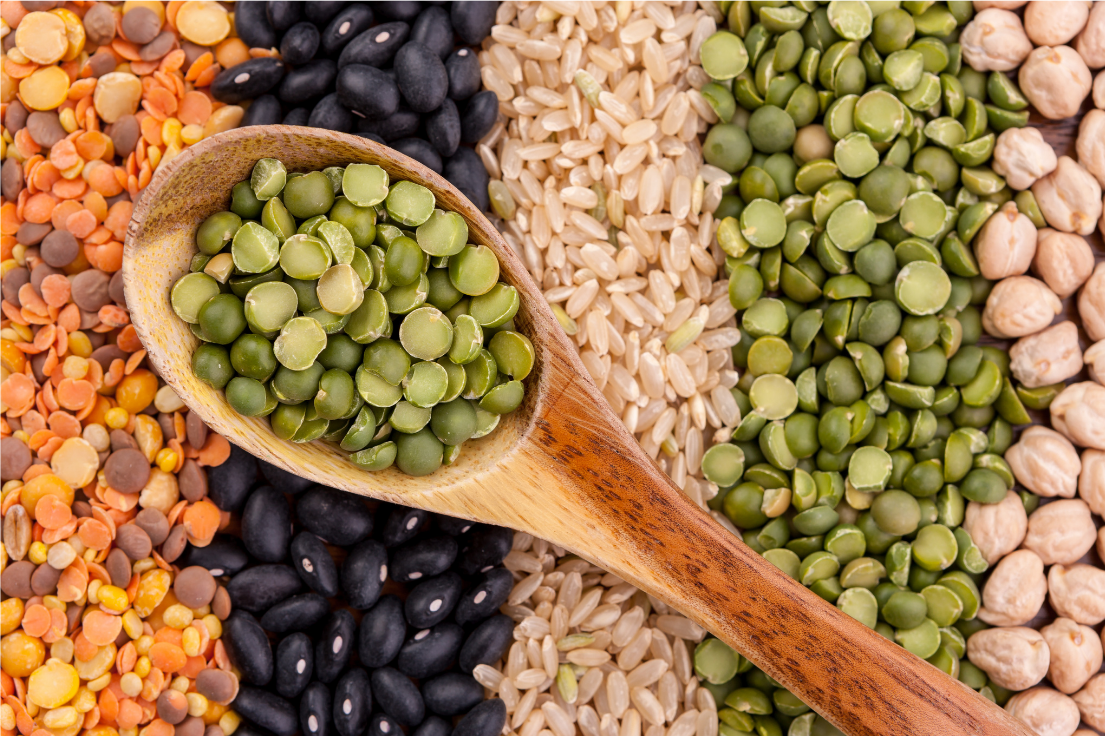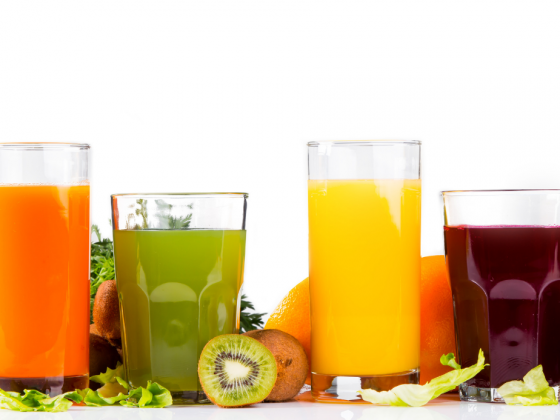Lectins are a family of carbohydrate-binding proteins. They are present in nearly all foods, but the highest amounts are found in:
- nightshade vegetables, such as tomatoes, potatoes, goji berries, peppers, and eggplant
- all legumes, such as lentils, beans, peanuts, soybeans, and chickpeas
- peanut-based products, such as peanut butter and peanut oil
- all grains such as barley, quinoa, wheat, and rice, and products made with grain or flour, including cakes, crackers, and bread
- many dairy products, including milk
These foods frequently cause gas, bloating, cramping pain, and strange noises in your gut. This is why many people, including a large number of health professionals, think that lectins are inflammatory, and therefore, we need to eliminate basically all foods that contain lectins from our diet. The accusation is that lectins over-activate your immune system, causing autoimmunity and that they damage the lining of your gut, resulting in increased gut permeability which leads to leaky gut. But is this in fact, true?

This line of thinking that lectins are bad for you and need to be avoided, stems from animal-model studies and test-tube studies. Most of which were done forty to fifty years ago. Experts know that test-tube and animal studies often don’t translate into the same outcomes in humans. Don’t get me wrong, these types of studies can and have been very useful as they have the potential to point us in the right direction in our search for nutrition truth. However, in all possible instances, we must confirm the findings in human populations. Because if we don’t, we run the risk of being completely misled, which in some cases can be extremely harmful to our health and well-being.
Studies on legumes and whole grains in human populations have been done, and the results are in. Here is a summary of the findings:
- The microbiome produced more SCFAs
- Reduced inflammation
- Weight loss
- Lower blood pressure
- Lower cholesterol
- Protection from cardiovascular disease
- Reversal of insulin resistance
- Protection from cancer
- Longer life expectancy
“The results of a major study of food-intake patterns from around the world found that the consumption of one specific food category was directly correlated with living longer.
Would you like to hazard a guess as to what food category it is?
LEGUMES!”
—Dr. Will Bulsiewicz
In addition to this, lectins from soybeans, wheat, buckwheat, fava beans, mushrooms, jackfruit, and bananas, have all been implicated as protective against cancer.
There have been so many studies performed on legumes and whole grains now that the results are indisputable. Legumes and whole grains are an excellent source of fiber and are an essential ingredient to have in your diet. They are consumed in large quantities in the diets of all five blue zones. If you eliminate them, they are impossible to replace because of their unique properties. Furthermore, when you eliminate whole plant categories, you modify the balance of bacteria in your gut to favor dysbiosis. Your gut needs legumes and whole grains!
The combination of beans and whole grains creates a plant-powered parcel of complete protein that is high in nutrients, packed with fiber, and low in calories. When you study the diets of the healthiest and longest-lived populations in the world (Blue Zones), you find that these populations predominantly consume plant sources of protein with minimal amounts of animal-sourced protein or, in some of the populations, no animal protein at all.

So rather than eliminate lectins from your diet you need to improve your gut fitness and train it to digest these foods efficiently. Here’s how you do it! You should gradually reintroduce lectin-containing whole foods (preferably organic) into your diet.
Suppose you discover that you have difficulty dealing with a certain amount of a particular lectin-containing food. In that case, you now know this is your gut’s current threshold for the amount of lectins it can handle, so you need to go slow and easy to build up the population of microbes required to process more lectin’s. Approaching it in this way allows you to design a diet best suited to the current strengths and weaknesses of your unique microbiota. It also gives you the best possible chance to overcome your lectin sensitivity.
“Every time you go to the supermarket:
Think Diversity of Plants!
Every time you’re cooking a meal:
Diversity of Plants!
When you sit down at the dinner table and start loading up your plate:
Diversity of Plants!”
—Dr. Will Bulsiewicz
Contact me (Jay) today to learn more about the profound health-enhancing benefits of a plant-based whole food diet or schedule your 1-on-1 private consultation by clicking on the bookings button below.
jay.eyears@gmail.com



